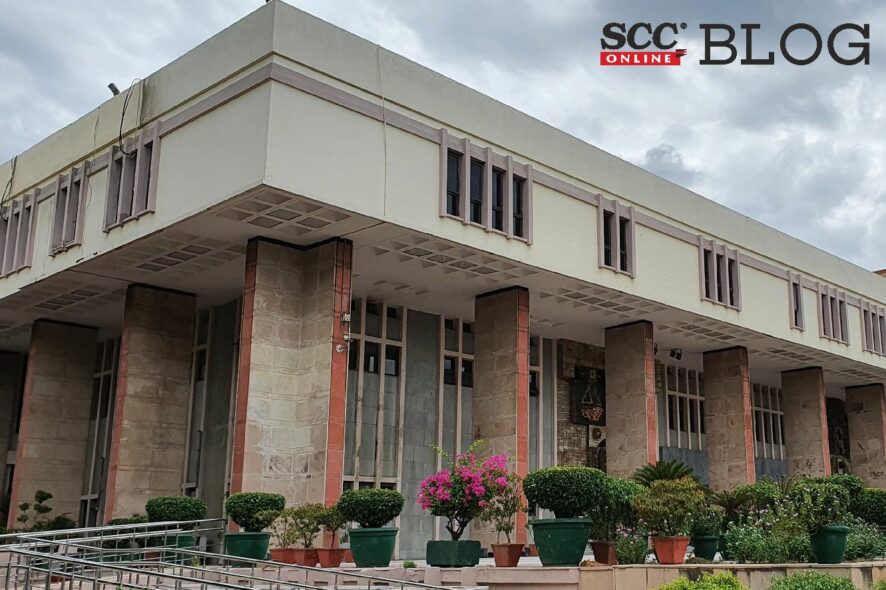Delhi High Court: While addressing a matter with regard to a wife’s right to maintenance Chandra Dhari Singh, J., expressed that, only continuous and repeated acts of adultery and/or cohabitation in adultery would attract the rigours of the provision under Section 125(4) CrPC.
Factual Matrix
A criminal petition was filed seeking to set aside the decision by Family Court.
Instant petition had been filed against the order of the Additional Principal Judge filed by the respondent under Section 125 of the CrPC, whereby the Additional Principal Judge granted maintenance.
Petitioner impugned the order dated 31-7-2020, which enhanced the maintenance amount.
Analysis, Law and Decision
In the present matter, the maintenance order was challenged on the grounds of cruelty, adultery, desertion without reason as well as the fact that the wife was capable enough of maintaining herself.
Various Supreme Court and High Court decisions have established the position of payment of maintenance holding that the ground of cruelty does not disentitle the wife of her right to maintenance. In fact, in cases where divorce is granted on the ground of cruelty, Courts have awarded permanent alimony to the wife.
Hence,
Ground of cruelty and harassment do no stand ground for non-payment of the maintenance amount.
The Bench expressed that the codified law and judgments of various High Courts settle the position with respect to the bar of adultery for grant of maintenance in favour of the wife.
Law mandates that in order to extract the provision under Section 125(4) CrPC the husband has to establish with definite evidence that the wife has been living in adultery, and one or occasion acts of adultery committed in isolation would not amount o ‘living in adultery’.
The Bombay High Court decision in Pandurang Bakru Nathe v. Leela Pandurang Nathe, 1997 SCC OnLine Bom 264 made an observation with regard to the provision under Section 125(4) CrPC was relied on by the Court.
Another decision of the Kerala High Court in Sandha v. Narayanan, 1999 SCC OnLine Ker 64 was also relied on.
High Court found that the law as interpreted by the High Courts, evinces that only continuous and repeated acts of adultery and/or cohabitation in adultery would attract the rigours of the provision under Section 125(4) CrPC.
The petitioner could not establish prima facie that the respondent was living in adultery, hence the respondent was not entitled to any maintenance.
Concluding the matter, Court declined to allow the instant petition, since the petitioner had failed to show any ground for challenging the order under the revisional jurisdiction of this Court.
Therefore, Bench did not find any cogent reason to interfere with the impugned order and judgment. [Pradeep Kumar Sharma v. Deepika Sharma, 2022 SCC OnLine Del 1035, decided on 13-4-2022]
Advocates before the Court:
For the Petitioner:
Annu Narula, Vishal Singh, Ravi Kumar and Shiva Chauhan, Advocates
For the Respondent:
Shamikh, Advocate







